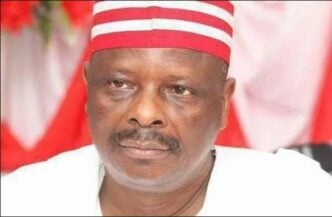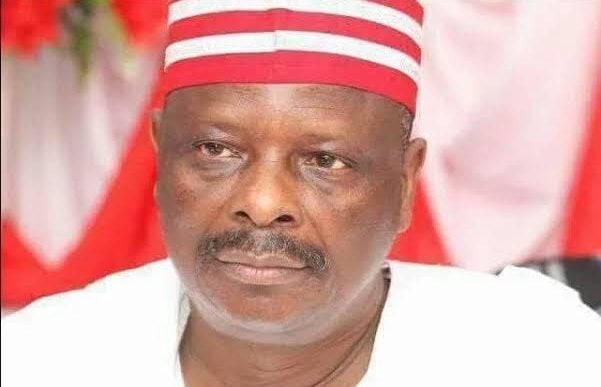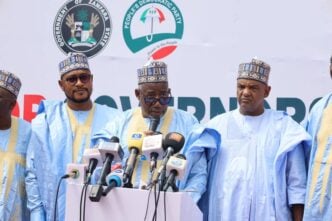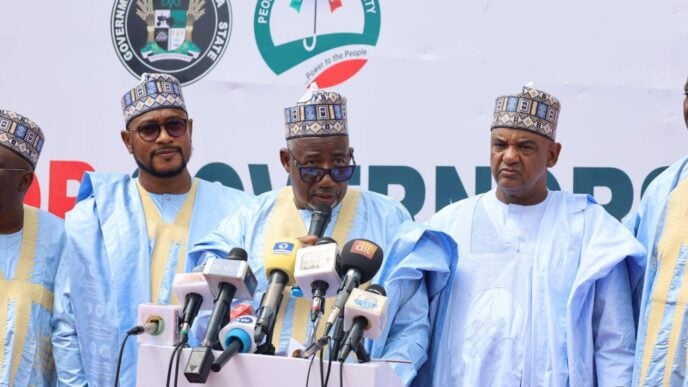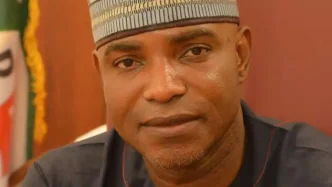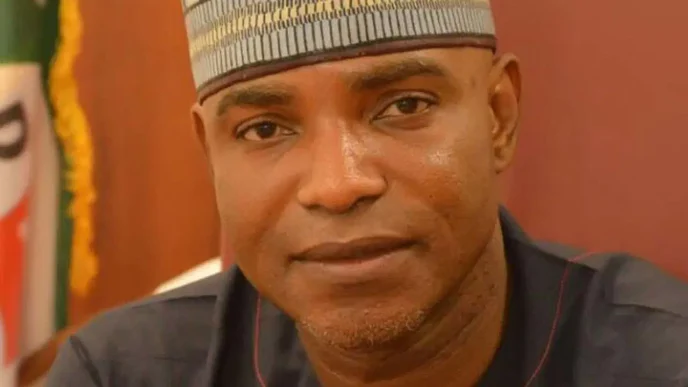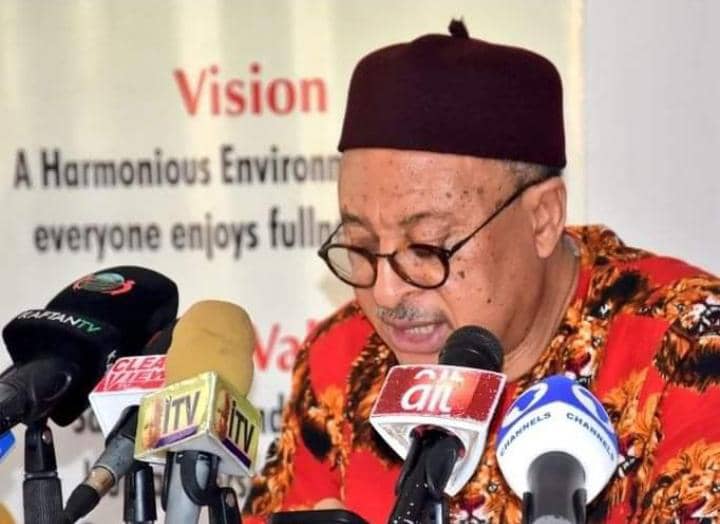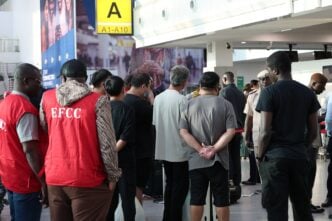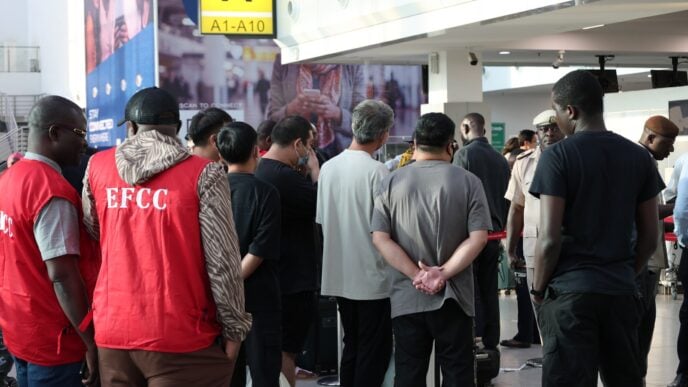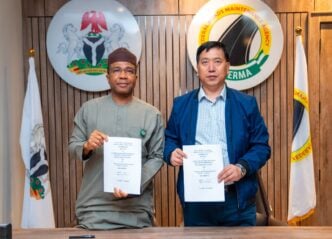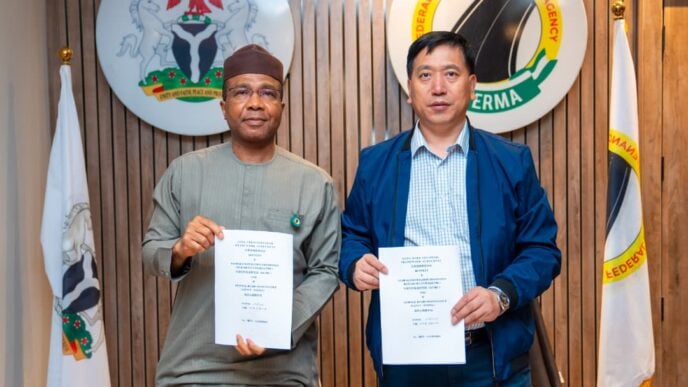File photo: An illustration of gunmen
The Concerned Nigerian Leaders have called for the establishment of a presidential task force on national security to tackle the killings across the country.
In a joint statement issued on Saturday, prominent Nigerians, drawn from different ethnic, religious and political backgrounds, said the nation is bleeding from escalating violent attacks by gunmen and insurgents.
The leaders cited a report by Amnesty International, saying at least 10,217 Nigerians have been killed in violent attacks within two years, comparing the death toll to the over 10,000 civilian casualties in Ukraine, which is currently at war.
“Parts of Nigeria are enduring wartime levels of slaughter, yet we are officially at peace,” the statement reads.
Advertisement
“The devastation at home is chilling. Benue State alone has witnessed 6,896 killed, over 450,000 displaced, and entire local councils hollowed out by fear.
“Plateau has lost 2,630 lives, its boreholes poisoned, granaries torched, farmers forced to watch harvests rot for fear of ambush on the road to market.
“Zamfara has seen at least 638 villages sacked, and residents are now paying criminal levies by phone under threat of mass killings. Similar horrors persist in Sokoto, Kebbi, Katsina and Niger, where bandits have turned entire districts into fiefdoms.
Advertisement
“Meanwhile, Boko Haram is resurging in the Northeast, regaining the ability to launch deadly assaults, kill servicemen and even attempt overruns of local governments, as seen in recent attacks on Gwoza, Damboa, Biu and Bama, forcing farmers off their fields and reviving fears of the dark days when the entire country trembled under their shadow. The Southeast, too, is gripped by relentless killings by unknown gunmen, making peace increasingly elusive.
“We propose urgently creating a Presidential Task Force on National Security, with extraordinary powers and a clear mandate to coordinate and execute emergency measures to halt the violence.”
The stakeholders said the task force should work directly with the national security adviser (NSA) and all relevant security, intelligence, and humanitarian agencies.
The leaders proposed the mandates of the task force to include operationalising community-based early warning systems and rapid response frameworks, ensuring intelligence from local actors, traditional leaders, and civil society triggers immediate coordinated action, not bureaucratic delay.
Advertisement
The proposals included implementing a disarmament and reintegration programme for conflict zones, particularly in the north-east, north-central and north-west, combining humanitarian assistance with strategic security deployment to enable the safe return of displaced populations.
Other suggestions include driving accountability through quarterly public security reports, disclosing arrests, prosecutions, and progress made, thereby rebuilding public trust and strengthening civilian oversight.
They said the presidential task force must be time-bound, results-driven, and composed of experienced security professionals, non-partisan Nigerians of unquestionable integrity, and wartime decision-makers who are bold enough to use their mandate responsibly and transparently.
The leaders said the task force should report directly to the president but operate independently of political pressures.
Advertisement
“These are unusual times, they require unusual but constitutional measures,” they said.
The leaders said the Nigerian situation requires all leaders to come together, irrespective of political divide, to tackle insecurity.
Advertisement
They noted that countries such as Colombia and Rwanda, which were torn by deeper divisions, found the courage to change course.
“They forged power-sharing deals under local and international guarantees, proving even the deepest hatreds can be unwound. These were not perfect journeys. They were fraught with setbacks and painful compromises,” the leaders said.
Advertisement
The leaders added that addressing the nation’s insecurity demands bold, structural confrontations.
The statement’s signatories include Osita Chidoka (south-east), Mohammed Abdullahi (north-central), Sergius Ogun (south-south), Kadaria Ahmed (north-west), Nuruddeen Muhammad (north-west), Abdullahi Maibasira (north-central), Ali Bappayo Adamu (north-east), and Basharu Altine Isah (north-west).
Advertisement
Others are Ismaeel Ahmed (north-west), Midala Usman Balami (north-east), Frank Nweke (south-east), Tolu Aderemi (south-west), Paul Ogbole (north-central), Opeyemi Adamolekun (south-west), Jamila Bio Ibrahim (north-central), Tonye Patrick Cole (south-south), Ugo Egbujo (south-east), Sam Amadi (south-east), and Abba Bukar Abba Masta (north-east).

